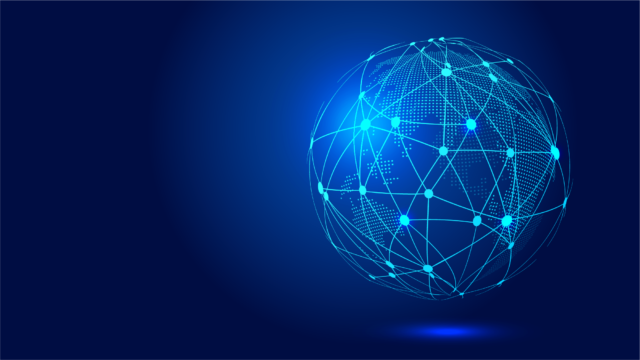A global shift to remote working has accelerated digital transformation and prompted a higher degree of focus on cybersecurity, according to Kaspersky’s latest report.
Transitioning from a corporate office environment to working from home, coupled with financial restraints due to economic recession, has seen challenges presented to cybersecurity experts not many had seen before.
From February to March 2020, a 569% growth in malicious website registrations was detected and reported to INTERPOL, including malware and phishing. In April, there was a huge spike in ransomware attacks by multiple threat groups that had been previously dormant for months.
Cybercrime threats are expected to rise as more opportunities present themselves in the coming months. Fake vaccine registration websites will aim to steal data, whilst business email compromise schemes aim to take advantage of the economic downturn and shift in the business landscape.
Protecting the perimeter of a company is no longer enough: there is a desperate need now for home office assessment with tools to scan the level of security. Discouraging poor internet practices such as connecting to an unprotected Wi-Fi hotspot should be top of the list, with VPNs and multifactor authentification systems being offered as a solution.
With an increased reliance on cloud technology and services, dedicated management and protection measures are now a necessity for businesses. Around 90% of employees use non-corporate software and cloud services, such as messaging apps, and this is unlikely to change any time soon.
To ensure that any corporate data is kept under control, better visibility over cloud access will be necessary. IT security managers will need to align themselves with this cloud paradigm and develop skills for cloud management and protection.
This is why, according to Kaspersky, the quality of protection is “no longer up for discussion.”
“Quality protection is now a must have,” report Alexander Moiseev, Chief Business Officer at Kaspersky.
“Another major trend is that deep integration between various components of corporate security, ideally from a single vendor, now plays a bigger role. For instance, there was a long-held belief in the industry that various specialised solutions from various vendors can help create the best combination for protection.
“Now, organisations are looking for a more unified approach with maximum integration between different security technologies.”
You can read Ksapersky’s “Plugging the gaps: 2021 corporate IT security predictions” report in full HERE.











